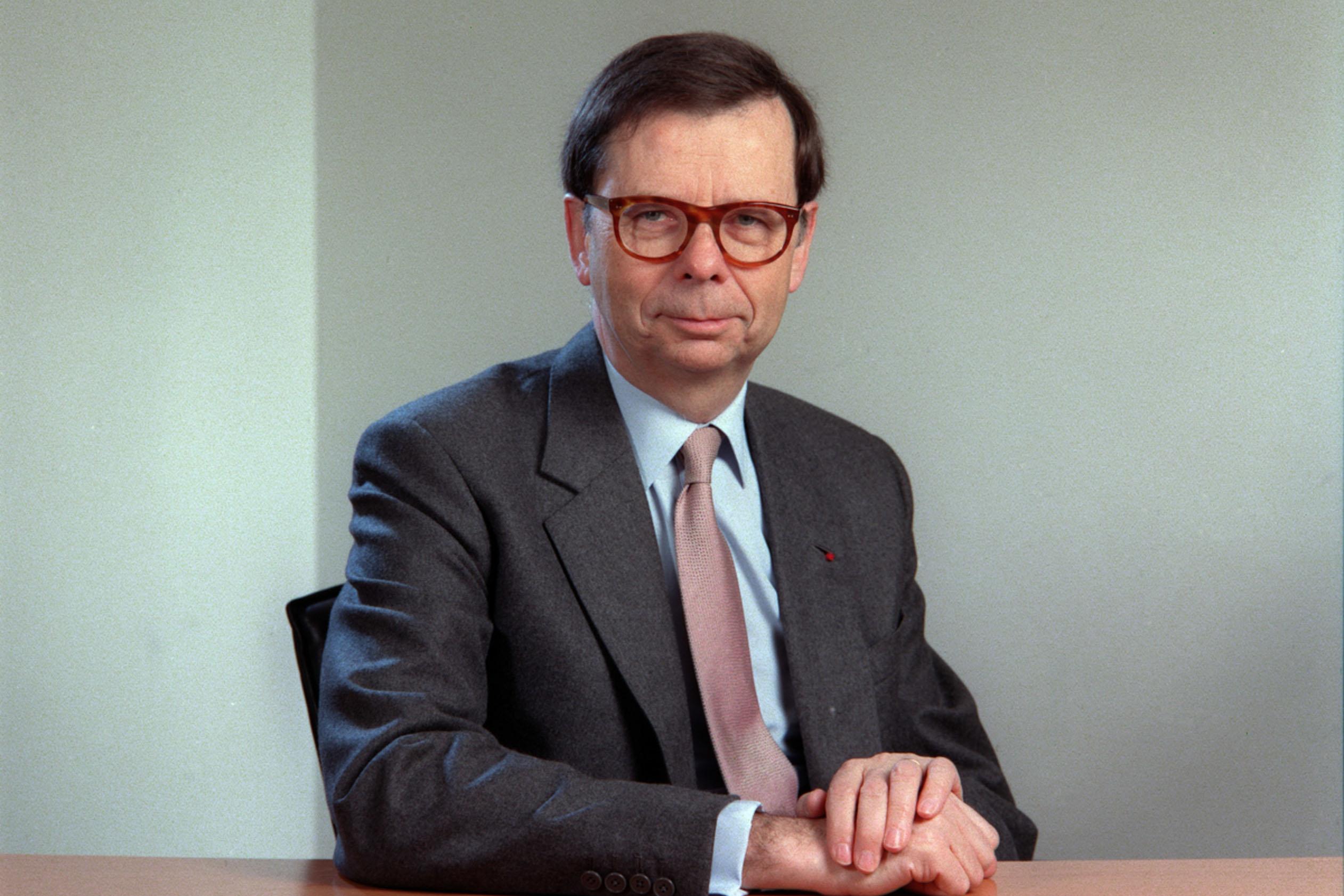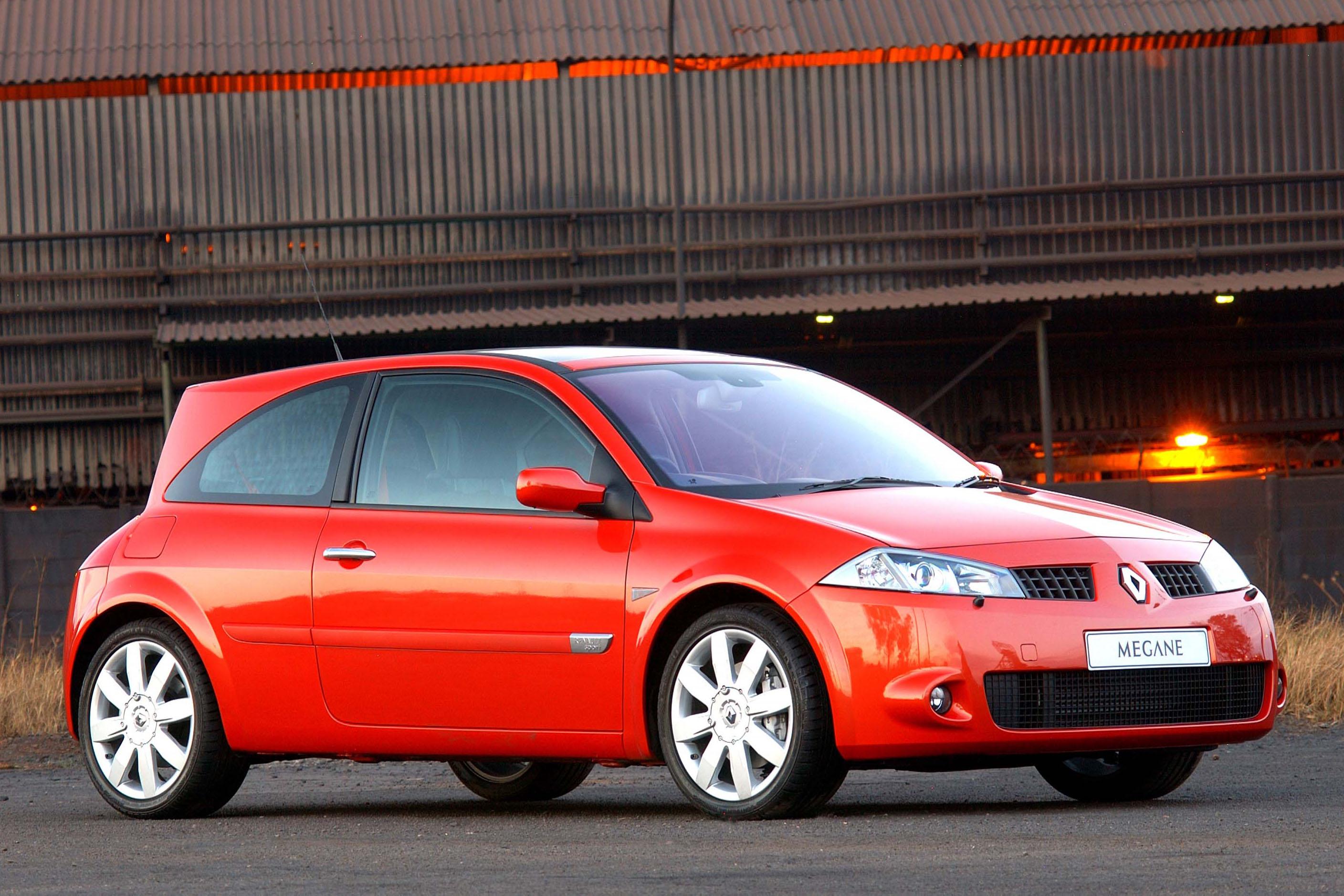When many of us think of the Renault Nissan Alliance, the name that jumps to mind is Carlos Ghosn, but it was his predecessor as CEO, Louis Schweitzer, who engineered Renault’s seemingly fraught rescue of Nissan.
Mr Schweitzer passed away last week at the age of 83.
Born in Geneva, Switzerland in 1942, Louis Schweitzer was a member of a prominent family from Alsace, France. He was related to philosopher and playwright Jean-Paul Sartre, and great-nephew of Albert Schweitzer, a doctor, theologian and musician who won the 1952 Nobel prize for philosophy.
His father was part of the Resistance during World War II, and later became head of the International Monetary Fund. After Mr Schweitzer gained degrees from the Paris Institute of Political Studies (Sciences Po) and the National School of Administration, he followed in his father’s footsteps and joined the civil service.

In 1981 he was noticed by the government of François Mitterrand, and became the chief of staff for Laurent Fabius, the budget minister. He followed Mr Fabius across different roles, including Prime Minister, in the Mitterrand administration and became embroiled in a number of scandals.
Mr Schweitzer was charged, and later cleared, of his role in the state-run blood bank knowingly distributing AIDS-tainted blood to hemophiliacs, many of whom later died due to complications arising from the infusions. He has also consistently denied all prior knowledge of the plot to sink Greenpeace’s Rainbow Warrior in Auckland harbour.
He was, however, found guilty in a wiretapping case at the Elysée Palace, and given a suspended sentence.
In 1986 he left the Mitterrand administration for Renault, which had been under government control since its 1945 nationalisation. After CEO Georges Besse was assassinated in late 1986 by Action Direct, a communist guerrilla group, Mr Schweitzer was elevated to chief financial officer.

He was later appointed deputy CEO, before becoming the automaker’s CEO in 1992. His first few years in charge were shaky with merger negotiations with Volvo falling apart in late 1993, and Renault’s profits falling.
With Volvo seemingly out of the frame, the French government gave the green light for Renault’s privatisation in 1994, and the task fell to Mr Schweitzer, who during his time in the Mitterrand administration oversaw a wave of corporate nationalisations.
After Renault was privatised in 1996, Mr Schweitzer hired Carlos Ghosn from Michelin to become the automaker’s head of purchasing, manufacturing, development and research, as well as its South American CEO. ‘Le Cost Killer’ and his radical restructuring medicine brought the company back into the black, and the laid the foundations for its next stage.
Saddled with heavy debts, an ocean of red ink, and a range of vehicles charitably described as bloated and boring, Nissan was in a sorry state and its continued existence was repeatedly called into question.


After talks with DaimlerChrysler, parent of Mercedes-Benz and Chrysler, failed, Renault stepped into the breach, with Mr Schweitzer offering not a takeover, but an alliance that respected the differing cultures of both companies.
In March 1999, Renault took a controlling 36.7 per cent stake in Nissan, and gained control over board appointments. The two companies would later establish a formal Alliance company to manage joint development, procurement and production operations.
Mr Ghosn was parachuted in to Nissan as its new chief operation officer, and quickly set about closing plants, and rationalising the product line.
By year’s end Renault also acquired a majority stake in Romanian automaker Dacia, and hoped to turn it into a low-cost brand backed by Renault’s modern platforms and manufacturing techniques. In early 2000, Renault bought Samsung Motors, rebranding it Renault Samsung.


At the time, Renault’s spate of acquisitions looked full of risk, especially given the company’s experience with AMC in the 1970s and 1980s, but Mr Ghosn was able to quickly get Nissan back on its feet. In the process he not only became a cult hero in Japan, but also Nissan’s first foreign CEO in 2000.
In 2005, Mr Ghosn took on the role of CEO of Renault as well, and Mr Schweitzer stepped down as Renault’s chairman.
After stepping away from Renault, he was appointed as the first chairman of the French Equal Opportunities and Anti-Discrimination Commission by then President Jacques Chirac. He also sat on boards of large corporations, cultural institutions, and non-profits, including animal rights groups.

